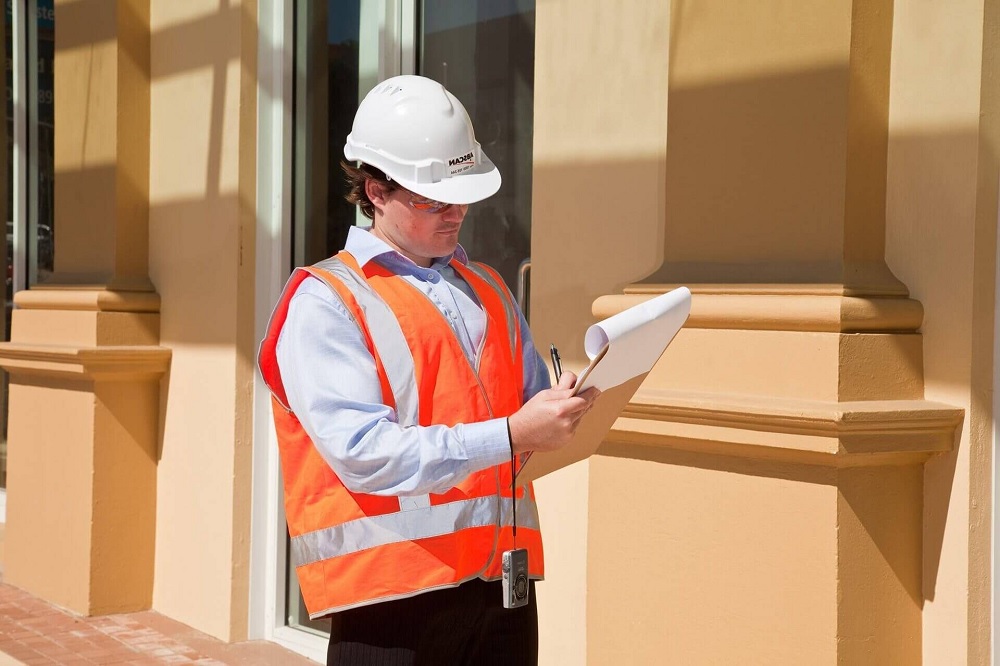
A great building inspector is like a home’s personal doctor – the trained eye and experienced intuition to diagnose existing issues and potential problems never noticed. While it’s an added upfront cost, working with an inspector extraordinaire can save you tens of thousands of dollars by avoiding a lemon property.
Extensive relevant experience
As important (and costly) as a home purchase, you want someone there and have done that thousands of times before. Seek out inspectors with at least 5-10 years of full-time experience evaluating properties in your local area. The more experience, the better their ability to identify even obscure issues. Ideally, your inspector did thousands of home inspections on properties of a similar style, age, construction methods, etc. as the home you’re considering. For instance, an inspector with decades evaluating mid-century ranch homes may overlook issues that are unique to historic Victorian construction browse this site https://vitalbuildinginspection.com.au/ for building inspections Sydney.
Credentials, licenses & insurance
Certified inspectors belong to professional associations like the American Society of Home Inspectors (ASHI) or the International Association of Certified Home Inspectors (InterNACHI). Being a member demonstrates a commitment to ongoing training and adherence to a strict code of ethics. You’ll also want to ensure your inspector is properly licensed, bonded, and insured according to your state/local regulations.
Seek out specialty certifications
Like doctors, the best inspectors often have additional certifications in specialties like mold inspection, lead paint, asbestos, HVAC systems, septic systems, radon, and more. An inspector extraordinaire stays committed to continuous learning and holds credentials beyond just a general inspection license. These extra qualifications your inspector to thoroughly evaluate every aspect of your future home potential hazards like lead, asbestos, and radon.
Ask about tools & technology
During the era of iPad inspections, the best inspectors leverage state-of-the-art tools and technology to do the most comprehensive assessment possible.
- Thermal imaging cameras can detect heat loss, electrical issues, moisture intrusion, and other hidden problems behind walls.
- Moisture meters, surface scanners, and bore scopes/endoscopes provide x-ray vision into cracks and cavities.
- Drones enable full exterior inspections of roofs and other hard-to-reach areas.
- Advanced testing tools check for gas leaks, measure indoor air quality and more.
Many great inspectors will go above and beyond with 3D cameras for immersive visual documentation, creating digital floor plans, and detailed reporting software to provide homebuyers with an incredibly thorough analysis package. You’ll want to ask about what technologies, tools, and testing methods your prospective inspectors use on every assessment. A building inspector extraordinaire stays ahead of the curve with the latest equipment and approaches.
Evaluate their process & communication
Beyond just technical qualifications and gear, you’ll want to look for an inspector that is detail-oriented, meticulous in their process, and a clear communicator. Do they have a standardized process that covers every visible and accessible area of the home methodically and thoroughly? Will they consult previous inspection reports or sellers’ disclosures to narrow their focus? Are they willing to spend as much time as needed and not rush through the job?
You’ll also want an inspector who takes plentiful photos and videos to visually document everything they see for your records. And they should provide a comprehensive written report with good summary explanations. Most importantly, make sure your prospective inspector is an excellent communicator who explains issues clearly and takes time to answer all your questions. Ensuring you fully understand the home’s condition is just as important as discovering problems in the first place.


